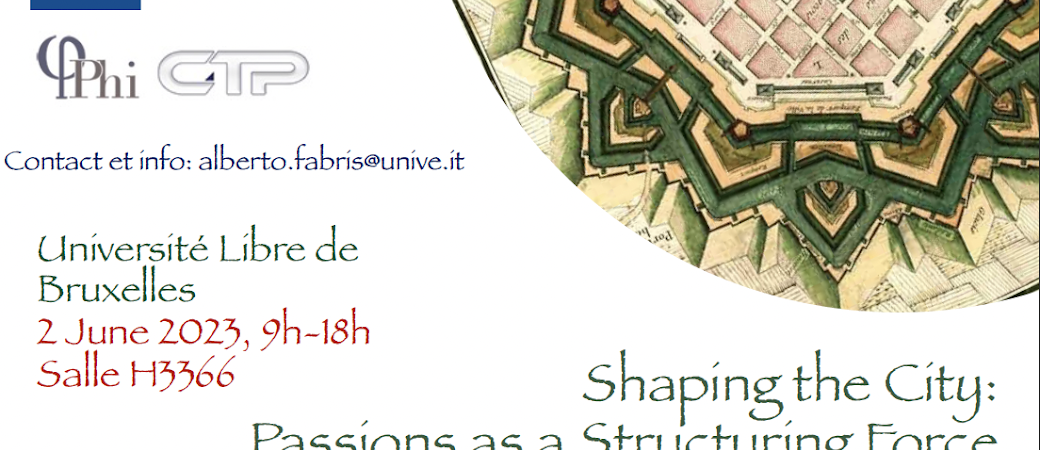
At the opening of the Discourses on Livy, Niccolò Machiavelli makes a powerful statement about the immutability of human nature: passions and interests, like celestial bodies and elements, have never changed their ‘motion, order, and potency’. In doing so, Machiavelli set the consideration of passions and human soul as a premise and as a foundation of his main political work and thought. Nonetheless, scholarship on Machiavelli is still far from having covered such a field of research. This conference aims at filling this gap as much as possible, also focusing on other writings of the Secretary where the role of the passions occupies a central place.
In fact, and contrary to a long-standing stereotype that depicts Machiavelli as the founder of modern political science, the Florentine Secretary is anything but a thinker who believes only in cool-headed reason. The language of passions is instead a crucial means of conceptualization in his writings (his rimes, treatises, dramas, and so on). Here Machiavelli constantly emphasizes, either implicitly or explicitly, the role of passions in establishing, re-establishing or subverting social, political, and military hierarchies.
As Barbara Rosenwein has observed long ago, scholars have been increasingly interested in the history of early modern passions; nonetheless, Italian Renaissance has not yet received enough attention in this respect. This is true both for the Italian Renaissance in general and for Machiavelli in particular, although in recent years scholars have been paying a greater deal of attention to this aspect. However meaningful, these contributions have mostly dealt with a relatively small range of passions.
The conference aims to achieve two goals. First, to set the ground for a more thorough, systematic analysis of the role of passions in Machiavelli’s works. Second, to make room for deeper considerations on the methodology required for such research.
contact et info: alberto.fabris [@] unive.it

 Stampa questo articolo
Stampa questo articolo
